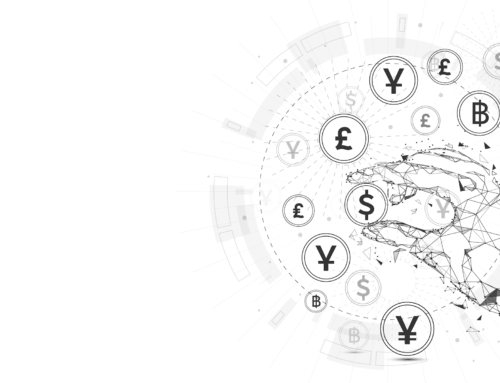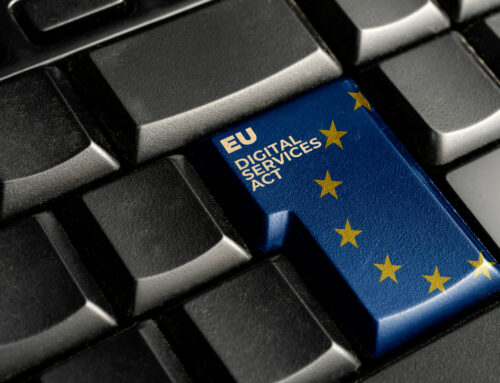The IT charter is an essential document within a company. It defines the rules governing the use of IT tools made available to employees. The aim is twofold: to protect the company’s IT resources and to clarify the rights and obligations of users. It is an essential IT governance tool, helping to prevent risky behavior and ensure the harmonious use of technologies.
AI raises specific issues, notably in terms of data confidentiality, IT security and ethics. Here is a non-exhaustive list of points to consider:
- General data security and confidentiality: The use of AI often requires the processing of large quantities of sometimes sensitive data. It is crucial to ensure that the IT charter covers the protection and confidentiality of data used by AI systems. This includes measures on data collection, storage and processing to prevent leakage or abuse.
- Vigilance over personal data
- Protection of intellectual property rights, including the challenge of elements transmitted to generative AI.
- Ethical behavior towards AI: It is important that the IT charter incorporates ethical principles governing the use of artificial intelligence. This may include, for example, transparency of automated decision-making processes, guarantees against discrimination and prevention of bias.
As far as form is concerned, it is important to present concepts without unnecessary jargon. In the event of litigation, it is essential to show that company members were able to understand and apply the instructions in the company’s IT charter. In the case of AI, new words have appeared (prompt, generative…). These words need to be explained in simple terms.
Our team is at your disposal to help you integrate the challenges of AI into your IT charter and your legal strategy (CGV/CGU, IT contracts…).









